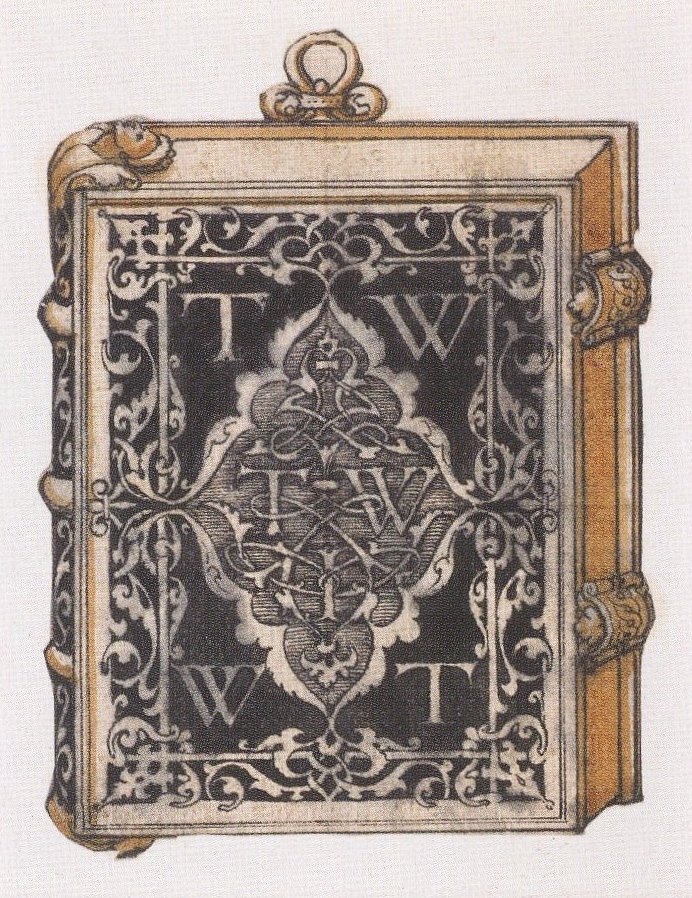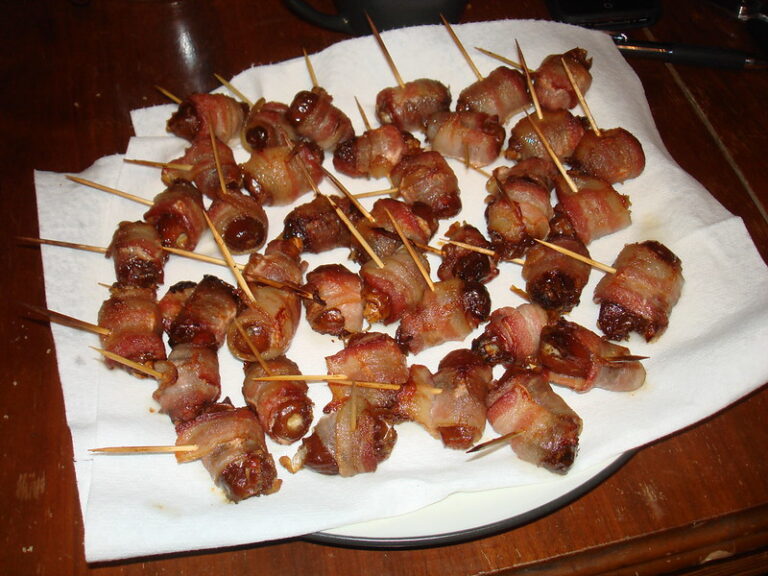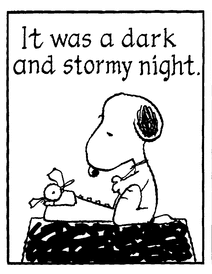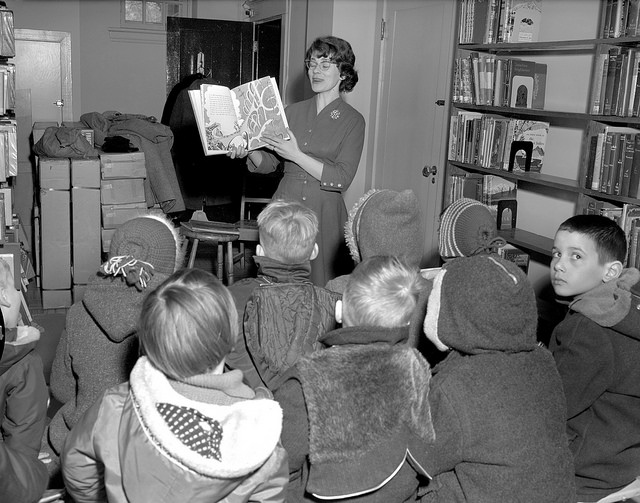In defense of chapter-opening anecdotes, also known as “malcolms”
In Medium, Stian Westlake rails against “The Tyranny of Malcolms,” that is, those Malcolm Gladwellesque anecdotes people often use to open nonfiction book chapters. Since I’ve written (both in this blog and in my new book) that you should consider opening your chapters with a story, I feel compelled to explain why it’s still a…








